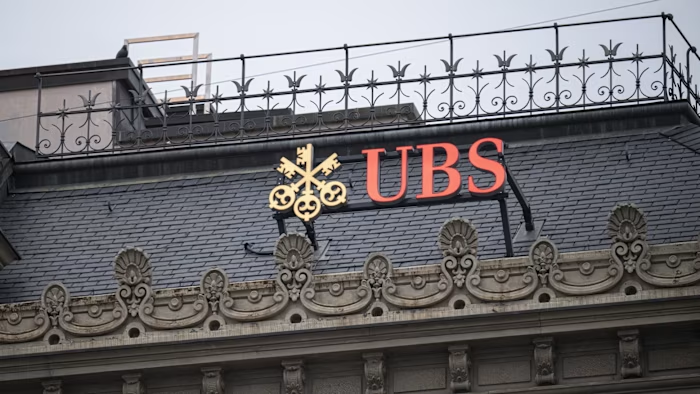Munich. The MINI brand looks back on an extremely
successful 2025. With a total volume of 288,290 vehicles, MINI
achieved a significant sales increase of 17,7% compared to 2024
figures. Particularly impressive is the high demand for battery
electric vehicles (BEVs): with 105,535 fully electric MINIs delivered
in 2025 (+87,9%), the brand achieved a new record in electromobility,
resulting in more than every third MINI sold worldwide being electric.
In many markets, the share is significantly above 50%, such as
Netherlands, Turkey, Sweden and China.
Jean-Philippe Parain, Head of the MINI brand, emphasizes: “MINI
continuously increases the share of fully electric vehicles, thereby
demonstrating its innovative strength and future orientation. Our
strong volume growth across all regions in 2025 clearly reflects the
exceptional appeal of the MINI model family. The updated iconic
design, the sportiness, individuality and expanded electric offerings
of the MINI brand have met customer expectations all around the globe.
A growth driver was the largest MINI model in the product portfolio,
the MINI Countryman: with a 32,4 % share of the total MINI volume, it
underlines the brand’s SUV expertise. The Countryman combines typical
MINI driving pleasure with innovative design and high versatility –
ideal for any outdoor challenge. In 2025, 93,305 units were sold
worldwide (+15.2%); the fully electric Countryman achieved a sales
growth of 81.8% compared to 2024.
Sub-brand John Cooper Works reaches record numbers
The sporty John Cooper Works (JCW) sub-brand also set new standards
in 2025: with 25,630 units sold, MINI JCW increased the sales volume
by 59.5% and achieved a new sales record. The share of JCW vehicles
reached 8.9% of the total MINI volume. In some markets, such as UK,
Italy, Japan and Australia, the performance-enhanced MINI models
reached their highest sales figures to date.
The MINI Cooper family
The traditional MINI Cooper family, consisting of the MINI Cooper
3-Door, the MINI Cooper 5-Door and the MINI Convertible, recorded with
162,789 a sales increase of 10.3% compared to the previous year. The
new generation of the MINI Cooper Convertible, only introduced in
2025, rounded off the model family with unique features. With 22,491
units sold, a sales growth of 18.4% was achieved. The MINI Cooper
5-Door impresses with typical brand-specific driving fun, increased
space, and high functionality and recorded with 47,850 units a
significant growth of 26.5% compared to 2024.
2026 starts with the new MINI Paul Smith Edition
Starting in 2026, the MINI Cooper 3-Door, MINI Cooper 5-Door, and
MINI Cooper Convertible – both electric and combustion engine versions
– will be available in the new MINI Paul Smith Edition. This edition
combines the unmistakable style of the British designer Paul Smith
with the playful, optimistic and independent spirit of the MINI brand.
Following the successful collaborations “MINI STRIP” (2021) and “MINI
Recharged by Paul Smith” (2022), Paul Smith now brings his
world-famous design language “Classic with a twist” into the MINI
family once again.
In case of queries, please contact:
Corporate Communications
Julian Kisch, Press Spokesperson, Product Communications
MINI
Phone: +49-151-601-38072
E-mail: julian.kisch@mini.com
Micaela Sandstede, Head of Communications
MINI
Phone: +49-176-601-61611
E-mail: micaela.sandstede@bmw.de
MINI John Cooper Works Convertible (WLTP combined: Energy consumption
7.1l/100km; CO2 emissions 161g/km; CO2 class F)







